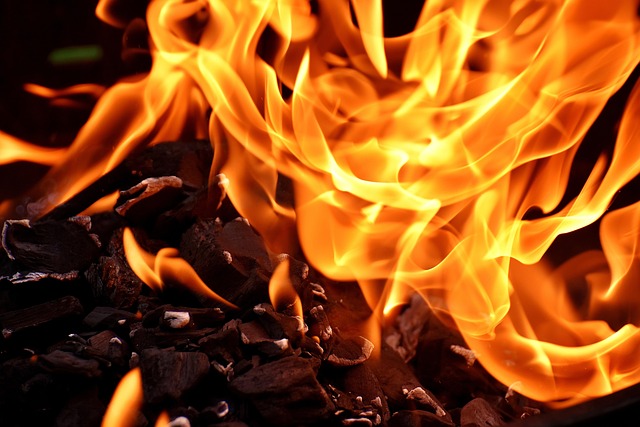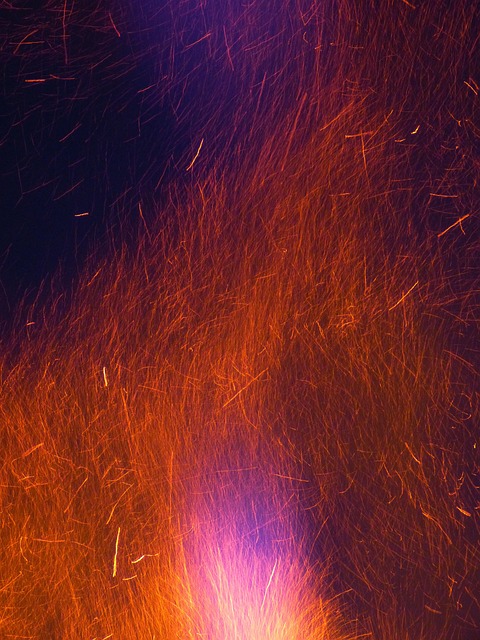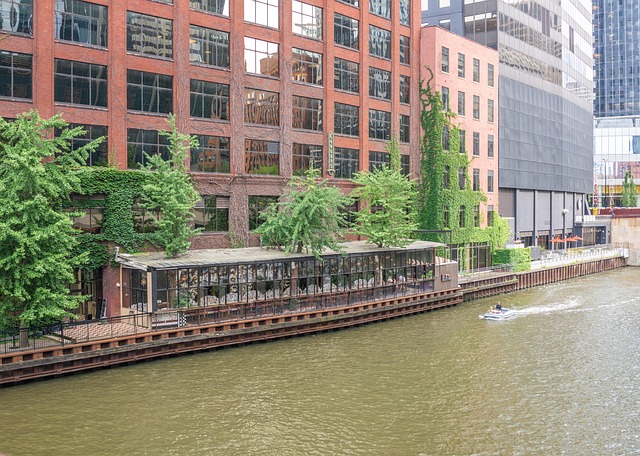Selling a fire-damaged home in Chicago requires strict adherence to Illinois' property disclosure laws, which mandate revealing known material defects like structural issues, mold, and previous fires. Transparency is crucial to avoid legal consequences and buyer disputes. While minor cosmetic damage may be normal wear and tear, significant post-fire damage must be fully disclosed. Buyers should exercise due diligence through inspections and ask relevant questions to make informed decisions. Prompt remediation and accurate disclosures facilitate a smoother transaction for both parties.
“In the competitive Chicago real estate market, understanding Illinois’ property disclosure laws is paramount, especially for sellers looking to navigate the sale of fire-damaged homes. This comprehensive guide delves into the intricate details of these laws, shedding light on legal obligations, exceptions, and the rights of buyers and sellers alike. From fire damage disclosures to repairs and remedies, we explore the crucial aspects that every Chicago seller must know to ensure a smooth and transparent transaction.”
- Understanding Property Disclosure Laws in Illinois
- What Does Fire Damage Entail for Real Estate Disclosure?
- Legal Obligations of Sellers in Chicago
- Exceptions and Exclusions: What Sellers Need to Know
- The Role of Buyers and Their Due Diligence
- Reparations and Remediations After a Fire
Understanding Property Disclosure Laws in Illinois
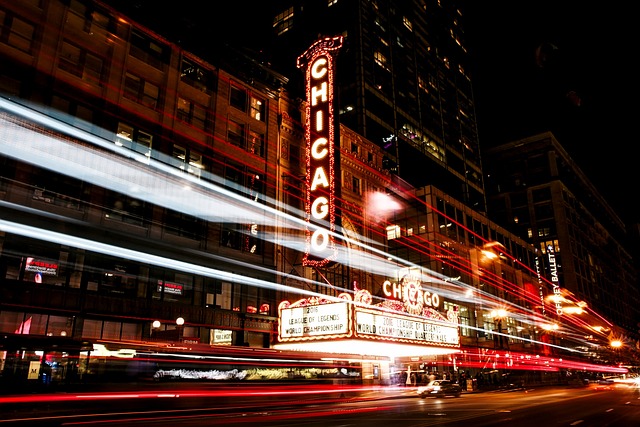
In the state of Illinois, property disclosure laws are in place to ensure transparency and protect buyers during real estate transactions. When selling a fire-damaged home in Chicago, it’s crucial to understand these regulations. Sellers must disclose any known material defects or hazards, including structural issues, mold, lead-based paint, or environmental concerns. This process starts with completing a Property Disclosure Form, which details the condition of the property and any repairs or knowledge of potential problems.
Failure to disclose can result in legal consequences, as buyers have the right to assess the property’s condition and back out of a deal if significant issues are uncovered after purchase. Thus, it’s essential for sellers to be accurate and honest about the state of their Chicago fire-damaged home to avoid disputes and potential lawsuits.
What Does Fire Damage Entail for Real Estate Disclosure?
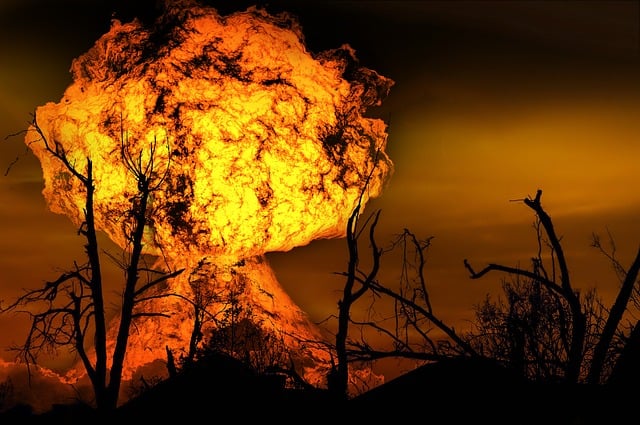
When a property in Chicago, or anywhere in Illinois, has experienced fire damage, it’s crucial to understand what this entails in terms of real estate disclosure. Fire damage can range from minor charring to extensive destruction, and each case requires specific transparency during the selling process. Homeowners must disclose any known fire-related issues, including the extent of damage, year of occurrence, and any repairs or renovations conducted since.
Selling a fire-damaged home in Chicago involves more than just revealing past incidents; it necessitates detailed information about structural integrity, potential health hazards like mold growth, and any safety measures taken to prevent future risks. This disclosure process is designed to protect both the buyer and seller, ensuring transparency and setting clear expectations for the property’s current state and potential future repairs.
Legal Obligations of Sellers in Chicago

When it comes to selling a fire-damaged home in Chicago, sellers have legal obligations under property disclosure laws. In Illinois, sellers are required to disclose any known material defects or conditions that could affect a buyer’s decision to purchase a property. This includes, but is not limited to, structural issues, water damage, mold, and previous fires, even if the home has been repaired.
In Chicago, selling a fire-damaged home requires transparency and accuracy in disclosure. Sellers must provide buyers with information about any repairs made, the extent of the fire damage, and any potential lingering effects like smoke or odor issues. Failure to disclose such information could lead to legal repercussions for the seller, including potential lawsuits and financial penalties.
Exceptions and Exclusions: What Sellers Need to Know
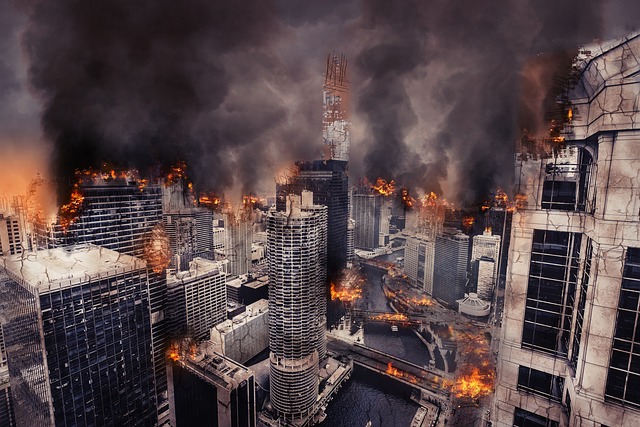
When it comes to selling a property, especially a fire-damaged home in Chicago, Illinois property disclosure laws dictate what sellers must reveal to buyers. However, there are exceptions and exclusions that sellers should be aware of. These can include situations where certain defects or issues may not need to be disclosed, such as minor cosmetic problems that don’t affect the structural integrity of the property. For instance, a seller might not be legally obligated to mention a faded paint job or slightly worn-out flooring, as these are typically considered normal wear and tear.
When it comes to selling a fire-damaged home, disclosure laws can become more complex. While sellers are required to disclose known material defects, they may not always need to list every minor repair or renovation that has been made post-fire. However, if the damage is significant and could impact the property’s value or safety, such as structural issues or compromised electrical systems, sellers must provide full disclosure. This ensures transparency between seller and buyer, allowing informed decisions to be made regarding the sale of a fire-damaged Chicago home.
The Role of Buyers and Their Due Diligence

When considering a purchase of a selling fire damaged home in Chicago, buyers have a crucial role in ensuring transparency and understanding potential risks. In Illinois, property disclosure laws mandate that sellers provide information about any known defects or issues on the property. For a fire-damaged home, this includes details about the extent of the damage, repairs made, or any ongoing structural concerns.
Buyers should approach their due diligence with careful consideration, utilizing professional inspections to assess the true state of the property. This is especially important for selling fire damaged homes, where superficial fixes may not reveal deeper issues. By thoroughly investigating and asking relevant questions, buyers can make informed decisions about their investment, ensuring they understand both the benefits and potential challenges associated with purchasing a fire-damaged property in Chicago.
Reparations and Remediations After a Fire
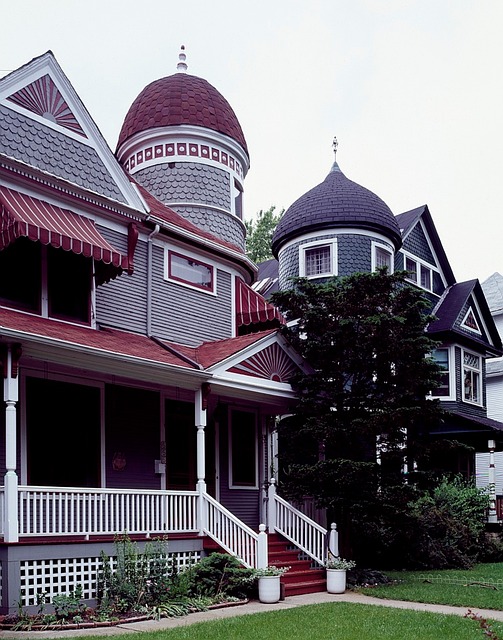
When a fire damages a property in Chicago, it’s crucial to understand the legal implications and responsibilities involved in the sale process. After a fire, repairs and remediations are essential steps before placing a selling fire damaged home Chicago on the market. Property owners are required to disclose any known issues or ongoing remediation efforts to potential buyers, ensuring transparency throughout the transaction.
In Illinois, sellers must provide a written disclosure statement outlining the nature and extent of any damage caused by fire or other hazards. This includes information about repairs made, materials used during renovation, and any environmental concerns related to the fire. Promptly addressing fire damage and providing accurate disclosures can facilitate a smoother sales process for both parties involved in selling fire damaged home Chicago.
When selling a fire-damaged home in Chicago, adhering to Illinois’ property disclosure laws is paramount. Understanding the legal obligations, exceptions, and the role of buyers ensures a transparent transaction. Repairs and remedations post-fire play a crucial part in protecting both sellers and buyers. By navigating these aspects, you can ensure a smooth process for selling fire-damaged properties in Chicago, providing peace of mind for all involved parties.
